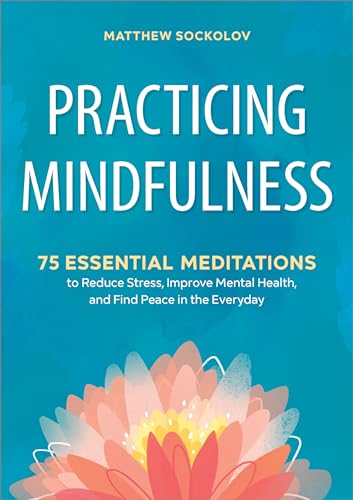Meditating at night can disrupt sleep patterns, lead to heightened alertness, and may prevent you from achieving restorative rest needed for overall well-being.
Many people turn to meditation for relaxation and better sleep, but practicing right before bed could have the opposite effect. While meditation offers numerous benefits, timing matters more than most realize.

How Night Meditation Disrupts Sleep Cycles
Meditation activates the prefrontal cortex – the brain’s decision-making center. This increased alertness directly conflicts with the natural wind-down process before sleep.
The Science of Sleep Stages
Sleep occurs in distinct phases:
| Stage | Brain Activity | Body Changes |
|---|---|---|
| NREM Stage 1 | Slowing waves | Muscles relax, eyes slow |
| NREM Stage 2 | Further slowing | Body temperature drops |
| NREM Stage 3 | Delta waves | Deep restoration occurs |
| REM | Active dreaming | Rapid eye movement |
Meditation’s alert state makes transitioning through these crucial stages more difficult. A 2019 sleep study found participants who meditated at night took longer to reach restorative deep sleep.

Common Night Meditation Problems
1. Increased Wakefulness
Focused meditation stimulates brain activity when you need calm. Many report lying awake for hours after evening sessions.
2. Vivid Dreams and Nightmares
The heightened awareness can lead to intense dreaming. Some experience sleep disturbances like night terrors.
3. Morning Fatigue
Without proper sleep cycles, you wake feeling unrested despite adequate time in bed.
Better Alternatives for Nighttime Relaxation
Instead of traditional meditation, try these sleep-friendly practices:
- Gentle yoga stretches
- Progressive muscle relaxation
- Breathing exercises (4-7-8 method)
- Guided sleep meditations designed for bedtime
For those wanting to incorporate crystals, healing crystals like amethyst can promote calm without overstimulation.
When Meditation Timing Works Best
Morning meditation aligns with natural cortisol rhythms. The right meditation tools can enhance your practice without sleep disruption.
Afternoon sessions (3-5 PM) work well for many, allowing enough time to wind down before bed. Evening meditation should finish at least 2 hours before sleep.
Special Considerations
Those with insomnia or sleep disorders should be particularly cautious with night meditation. The National Sleep Foundation recommends establishing a consistent wind-down routine instead.
If you must meditate at night, keep sessions short (5-10 minutes) and focus on body scans rather than breath concentration. This minimizes cognitive activation while still providing relaxation benefits.
